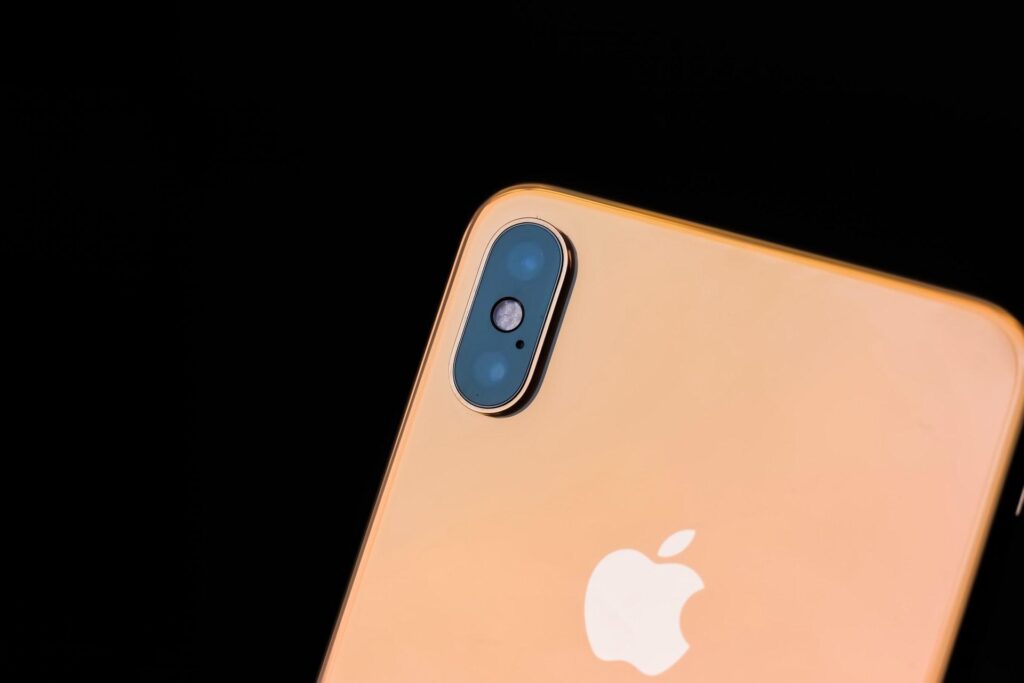
How To Ensure Your iPhone Is Secure
Last updated on June 23rd, 2022 at 04:25 am
In the aftermath of a mass shooting in San Bernardino, California, in 2015, the FBI recovered an iPhone belonging to one of the criminals. As part of the investigation, the FBI tried to access the data stored on the device but couldn’t get past the encryption. Legal efforts by the Justice Department to compel Apple to help the FBI unlock the device were fruitless.
iPhones are known for being inherently secure, no doubt. The kerfuffle between the smartphone maker and the FBI demonstrates that fact. But simply using an iPhone doesn’t automatically make you invulnerable. In this article, we’ve put together a few tips and tricks to help make your iPhone more secure.
Threats iPhone Users Face
Like Android smartphones, iPhones, too, can be hacked. Before we get to how you can secure your iPhone, let’s take a look at some of the most common security threats facing iPhone users. Understanding the threat will help you better secure your device.
Poor Password Hygiene
A lot of iPhone users are still not securing their devices properly. Research shows 52% of Americans recycle passwords over multiple accounts. Poor password hygiene can be problematic, especially if your iPhone contains both personal sign-ins and company accounts.
Wi-Fi Threats
Wi-Fi threats such as MITM attacks are becoming increasingly common. If you frequently connect to free public Wi-Fi networks, improperly configured home networks, or any other network that might not be adequately secured, your data may not be as safe as you think it is.
Social Engineering
The use of psychological manipulation to trick users into divulging sensitive information or making security mistakes is not only common but also astonishingly effective on the mobile front. The vast majority of cyberattacks start with phishing.
How To Secure Your iPhone
Like it or not, you hold a lot of personal data on your iPhone. Your phone is filled with all your communications, such as emails from colleagues, text messages from friends and family, photos, your browser history, and other information you don’t want others to gain access to. Here are a few tips and tricks to secure your iPhone and protect your data.
Use iCloud Keychain
We cannot overstate the importance of strong, unique passwords. Don’t worry, though. We have just the trick to help you with that. Take advantage of Apple’s password management system, iCloud Keychain. Use this feature to generate and store strong passwords. To set up iCloud Keychain, go to Settings, tap [your name], then select iCloud.
Enable Two-Factor Authentication
Two-Factor Authentication (2-FA) offers one of the best ways to protect your data. With 2-FA enabled, no one can log in to your Apple services without you knowing, even if they have your iCloud username and password. Go to Settings > Password & Security > Two-Factor Authentication to set up 2-FA.
Adjust Safari Settings
Enable Fraudulent Website Warning on Safari to prevent phishing. Go to Settings > Safari > Fraudulent Website Warning and toggle on. When this feature is turned on, your browser will warn you if the site you are about to open is a suspected phishing website. You can also use Safari settings to remove and block data that websites can use to track you.
Install a VPN
A Virtual Private Network (VPN) establishes a safe connection between your iPhone and the web server, allowing you to surf the internet securely and anonymously. Using a VPN to protect your iPhone is one of the most effective ways to ensure security online, especially when using public Wi-Fi.
Update Your iPhone Regularly
Apple takes security very seriously and will release regular updates to patch known vulnerabilities. Keep your iPhone up to date as it’s necessary to get fixes for random security issues, bugs, and access new features.
Compared to Android smartphones, iPhones are better at protecting your data — a little too good if you ask the FBI. But iPhones are not impenetrable. That’s why iPhone users need to ensure that their devices are well secured by implementing the aforementioned tips.
Read Dive is a leading technology blog focusing on different domains like Blockchain, AI, Chatbot, Fintech, Health Tech, Software Development and Testing. For guest blogging, please feel free to contact at readdive@gmail.com.
